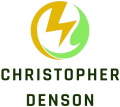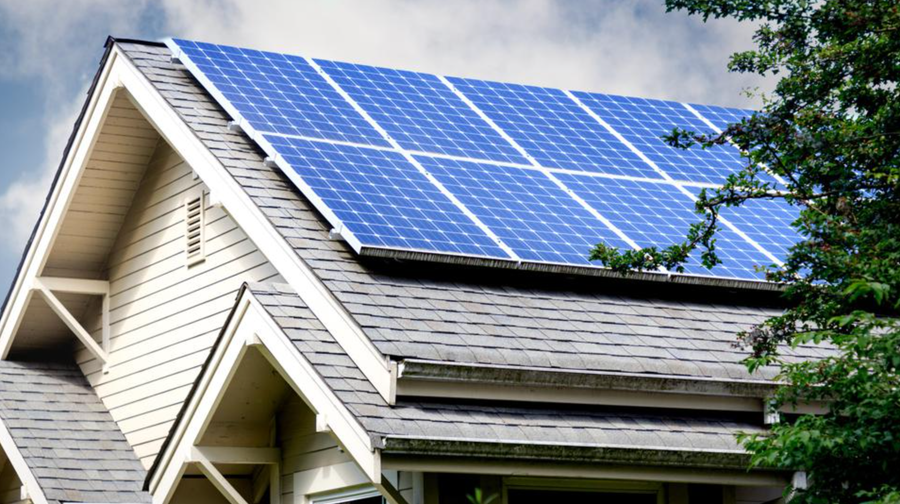Are you considering making the switch to solar energy but not sure where to begin? You’re not alone. With the rising popularity of solar power, many homeowners are eager to explore the benefits of renewable energy for their homes. If you’re new to solar energy, this beginner’s guide will help you understand the basics and get started on your solar journey.
Understanding Solar Energy:
Solar energy is generated by capturing sunlight and converting it into electricity using photovoltaic (PV) cells, typically installed on solar panels. These panels are typically mounted on rooftops or in open spaces where they can receive maximum sunlight exposure throughout the day.
Assessing Your Home’s Solar Potential:
Before investing in solar energy, it’s essential to assess your home’s solar potential. Factors such as the orientation and angle of your roof, the amount of sunlight your property receives, and any potential shading from nearby trees or buildings will impact the efficiency and effectiveness of your solar panels.
Choosing the Right Solar System:
Once you’ve determined your home’s solar potential, it’s time to choose the right solar system for your needs. There are several types of solar systems available, including grid-tied systems, off-grid systems, and hybrid systems. Your choice will depend on factors such as your energy consumption, budget, and local regulations.
Finding a Reputable Solar Installer:
Choosing the right solar installer is crucial to the success of your solar project. Look for a reputable company with experience installing solar systems in your area. Be sure to ask for references, check online reviews, and request quotes from multiple installers to ensure you’re getting the best value for your investment.
Understanding Solar Financing Options:
Solar energy systems can represent a significant upfront investment, but there are several financing options available to make solar more accessible for homeowners. These include solar loans, solar leases, power purchase agreements (PPAs), and government incentives such as tax credits and rebates. Explore these options to find the best financing solution for your budget and needs.
Planning for Maintenance and Monitoring:
Once your solar system is installed, it’s essential to plan for ongoing maintenance and monitoring to ensure optimal performance and longevity. Regular cleaning, inspections, and monitoring of your system’s output will help identify any issues early and maximize your energy savings over time.
Taking the First Step:
Now that you have a basic understanding of solar energy and how to get started, it’s time to take the first step towards making the switch to solar. Schedule a accident related resources with a reputable solar installer to assess your home’s solar potential, explore your options, and develop a customized solar solution that meets your needs and budget.
With the right information and guidance, transitioning to solar energy can be a rewarding and transformative experience for homeowners. By harnessing the power of the sun, you can enjoy long-term savings on your energy bills, reduce your carbon footprint, and contribute to a more sustainable future for generations to come.

